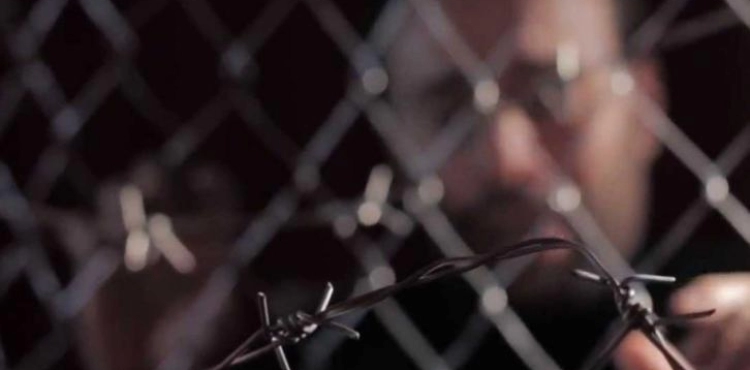the month of Ramadan came, and with it came the Palestinian Prisoner´s Day, which reminds us of the prisoners who are absent from their families´ breakfasts, who number 4,500 prisoners languishing in 23 prisons and interrogation centers, among them 41 prisoners, most of them in Damoon , 140 children and minors, and 543 prisoners were sentenced to life imprisonment.
Families remember their absentees on this day, and are saddened by the emptiness they left behind and their places that longed for them.
"Ramadan came and my brother is still in prison, far from us, without charge," says the sister of the prisoner, Muhammad Nasir.
Muhammad Nasser was subjected to repeated arrests, and he could barely breathe air until he was arrested again. Where the occupation arrested him for the first time at the age of nineteen, and he was in his first year of university, and arrested him again on the ninth of March of last year, he and his colleagues from his place of residence near Birzeit University, and since that time his trial is postponed.
Now he is 29 years old and has not finished his studies due to repeated arrests.
In the same context, the freed prisoner, Shatha Majed Hassan, says, "Ramadan and the breakfast table began to decrease for my two captive brothers, Muhammad and Abdel-Majid Hassan."
The occupation forces arrested Muhammad a year ago, and Abdel-Majid two weeks ago, and he has not yet been tried.
Shatha narrates her difficult experience in prison and how she spent Ramadan in Damoon Prison, describing that experience as cruel.
Shatha added that the most difficult moments she lived were her parents´ impact when she was arrested and seeing their tears, especially since the conditions that girls are going through inside prisons are very difficult and they are the harshest, as the occupation prevents the prisoners from communicating with their families.
Regarding the treatment and the harsh conditions that the prisoners face in the prisons, Shatha says that it is very bad, adding, “They used to sit in places designated for dogs, and throughout the period of detention we were subjected to the worst insults. the sun".
She points out that she heard about the difficult conditions in prison before she was arrested, but she did not realize that the detention experience was to this degree until she passed through it, and only those who lived it would feel it. .
She explains that the most difficult types of detention are suffered by female prisoners who are deprived of seeing their children, and many minors who are under the age of eighteen.
Many female prisoners suffer from difficult health conditions, such as asthma and respiratory diseases.
On the occasion of the Palestinian Prisoners ´Day, the Prisoners´ Club said that about 550 prisoners suffer from various diseases and need close follow-up and health care, and at least there are ten prisoners suffering from cancer and tumors of varying degrees, including the 82-year-old prisoner Fouad Al-Shobaki, who is the oldest of the prisoners.
He added that the number of martyrs of the captive movement has reached 226 martyrs, since 1967, in addition to hundreds of prisoners who were martyred after their liberation due to diseases they inherited from prisons, and among the martyrs (75) prisoners who were martyred as a result of premeditated murder, and (73) were martyred as a result of torture, And (7) was immediately after they were shot, and (71) was a result of the medical negligence policy (slow killing). During the past year, four prisoners have been martyred in prisons due to medical negligence and torture.












